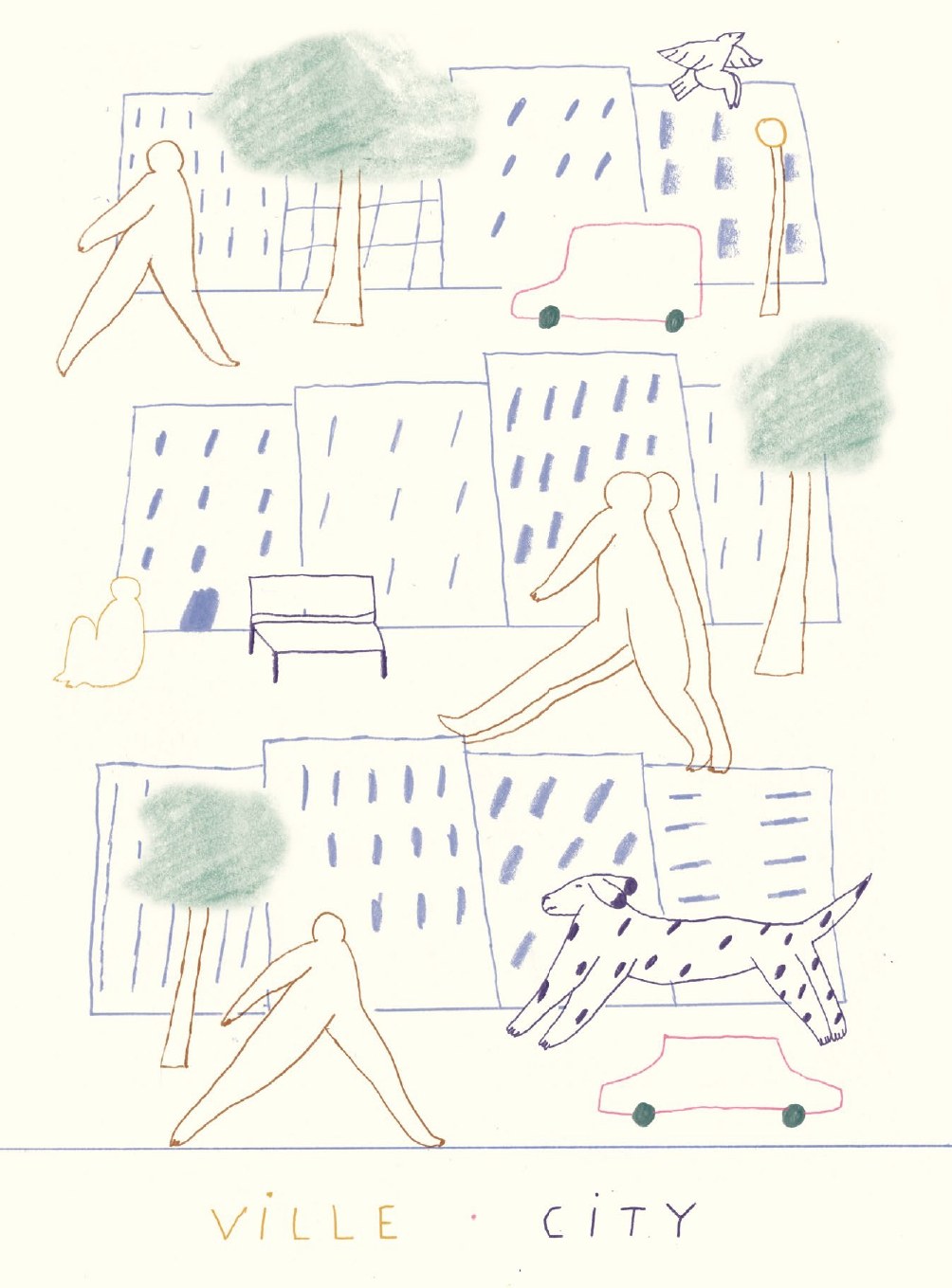


In late 2015, we started to see a path to producing a big event for outdoor arts in the city of Santa Maria da Feira in Portugal. At that moment we were working with Imaginarius festival, which provided a framework for hosting international meetings, and the local municipality had just taken over the management of a huge event complex, the Europarque convention centre, which was a perfect venue for large meetings and seminars. Around that time there were also a lot of conversations happening in Portugal about how to move the outdoor arts forward. We had shifted to a more left wing government for the first time in years, which meant that a lot of people saw an opening to make a change. We started asking around and realised that maybe hosting FRESH STREET#2 in Portugal, in Santa Maria da Feira, could be an opportunity not just to do a big event but to create a legacy that would change things locally and nationally. After the crisis in 2008, investment in the arts in Por- tugal reduced, and then 2013 was more or less our second crisis. Outdoor arts companies didn’t have the money to produce medium or large-scale work and everything moved to quite a small scale. At the same time, a lot of new people had come into the sector and there was an energy to put the outdoor arts back on the agenda in Portugal. We thought FRESH STREET could help make the case for a new strategic vision for the outdoor arts. In Portugal, we have a long history of busking and of outdoor arts used for entertainment and tourism, but we wanted to show that there is also a more contemporary vision of the outdoor arts, and that the form has its own narratives and dramaturgy.
The next Circostrada general meeting was in January 2016. I’d been part of the FRESH STREET working group ever since its second meeting, and had been part of the discussions around the programme for the first FRESH STREET in Catalonia in 2015. In the group, we’d talked a lot about how FRESH STREET could be different to FRESH CIRCUS, and one of the ways it could be distinctive would be to come to countries, like Portugal, that are still finding their place in the European outdoor arts sector. We tried to involve the Ministry for Culture from the start. 2017 was also a year of transition. Eve- ry four years the Ministry of Culture has a window to make changes to the model of how they support the arts, and 2017 was one of these years. So while FRESH STREET was being organised we were separately and in parallel having a lot of conversations with the Ministry about revising the state’s funding criteria to include circus and outdoor arts. Finally, they were convinced and decided to create a new category — and they even did it in time to be announced at FRESH STREET itself, which was our big surprise for delegates on the first day. I think this legacy is an important part of FRESH STREET for us. What Circostrada brought was legitimisation. If we had tried to organise a conference without them, of course it would not have been the same, or would not have had the same impact. As members of the network, we support each other to achieve recognition. Even if our countries and sectors are at different levels of development, we understand each other, we learn from each other, and we find new perspectives and ideas. Even if you’ve been in the network for 20 years, I’m quite sure that you still have something new to learn.
Bruno Costa is the Co-director of Bússola in Portugal.